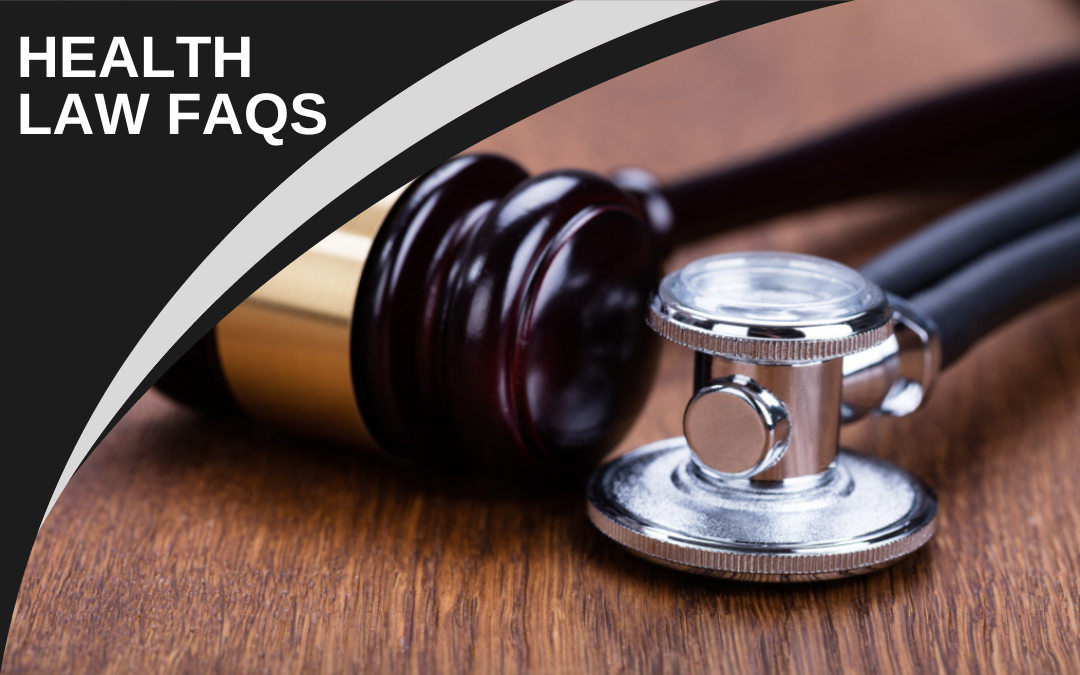
Frequently Asked Questions (FAQs) About Health Law
Do I need a lawyer for a medical malpractice case?
Not always, but it’s highly advisable. Medical malpractice cases are complex and require specialized legal knowledge. An experienced health lawyer can navigate the legal system, gather evidence, negotiate settlements, and represent you in court, maximizing your chances of receiving fair compensation.
This article is for general informational purposes only and is not legal advice. Contact us today to discuss your specific situation.
What is informed consent in healthcare?
Informed consent means that before undergoing any medical procedure, you must be given all the necessary information about the risks, benefits, and alternatives to make an informed decision. This includes information about potential complications, side effects, and success rates.
This article is for general informational purposes only and is not legal advice. Contact us today to discuss your specific situation.
What are my rights as a patient?
As a patient, you have several fundamental rights, including:
- The right to access healthcare: You have the right to receive essential medical services, regardless of your financial situation.
- The right to informed consent: As discussed above, you have the right to be informed about your treatment options and make informed decisions.
- The right to privacy: Your medical information is confidential and cannot be shared without your consent.
- The right to refuse treatment: You have the right to refuse any medical treatment, even if it’s recommended by your doctor.
This article is for general informational purposes only and is not legal advice. Contact us today to discuss your specific situation.
Can I sue my doctor for a wrong diagnosis?
If your doctor’s misdiagnosis or delayed diagnosis resulted in harm, you may have grounds for a lawsuit. However, proving medical negligence is complex and requires demonstrating that the doctor deviated from the accepted standard of care. Consulting a health lawyer is crucial to assess your case and determine the best course of action.
This article is for general informational purposes only and is not legal advice. Contact us today to discuss your specific situation.
What is covered by my health insurance?
The scope of your health insurance coverage depends on your specific plan. Generally, it covers essential medical services like hospital stays, doctor’s visits, and diagnostic tests. However, it may not cover some specialized treatments, medications, or alternative therapies. Carefully review your plan details to understand what’s covered and avoid unexpected expenses.
This article is for general informational purposes only and is not legal advice. Contact us today to discuss your specific situation.
What happens if I can't afford to pay for medical treatment?
If you cannot afford the necessary medical treatment, there are options available. You can apply for government assistance programs like provincial health coverage or financial aid from charities and foundations. Additionally, some hospitals offer payment plans or discounted rates for patients facing financial hardship.
This article is for general informational purposes only and is not legal advice. Contact us today to discuss your specific situation.
Can I be forced to receive medical treatment against my will?
In most cases, you cannot be forced to receive medical treatment against your will. However, there are some exceptions, such as when you pose a danger to yourself or others, or when you lack the capacity to make informed decisions about your health.
This article is for general informational purposes only and is not legal advice. Contact us today to discuss your specific situation.
What are my rights when participating in a medical research study?
If you are considering participating in a medical research study, you have the right to be fully informed about the study’s purpose, procedures, risks, and benefits. You should also be able to withdraw from the study at any time without penalty.
This article is for general informational purposes only and is not legal advice. Contact us today to discuss your specific situation.
What can I do if I feel my privacy has been violated in a healthcare setting?
If you believe your medical information has been shared without your consent or if you have experienced any other privacy violation in a healthcare setting, you have the right to file a complaint with the relevant privacy commissioner. You may also be able to take legal action against the healthcare provider.
This article is for general informational purposes only and is not legal advice. Contact us today to discuss your specific situation.
Where can I find more information about my health rights?
Several resources provide information about your health rights in Canada. You can visit the websites of provincial health ministries, the Canadian Patient Safety Institute, or consult with a health law attorney for personalized advice and guidance.
This article is for general informational purposes only and is not legal advice. Contact us today to discuss your specific situation.
